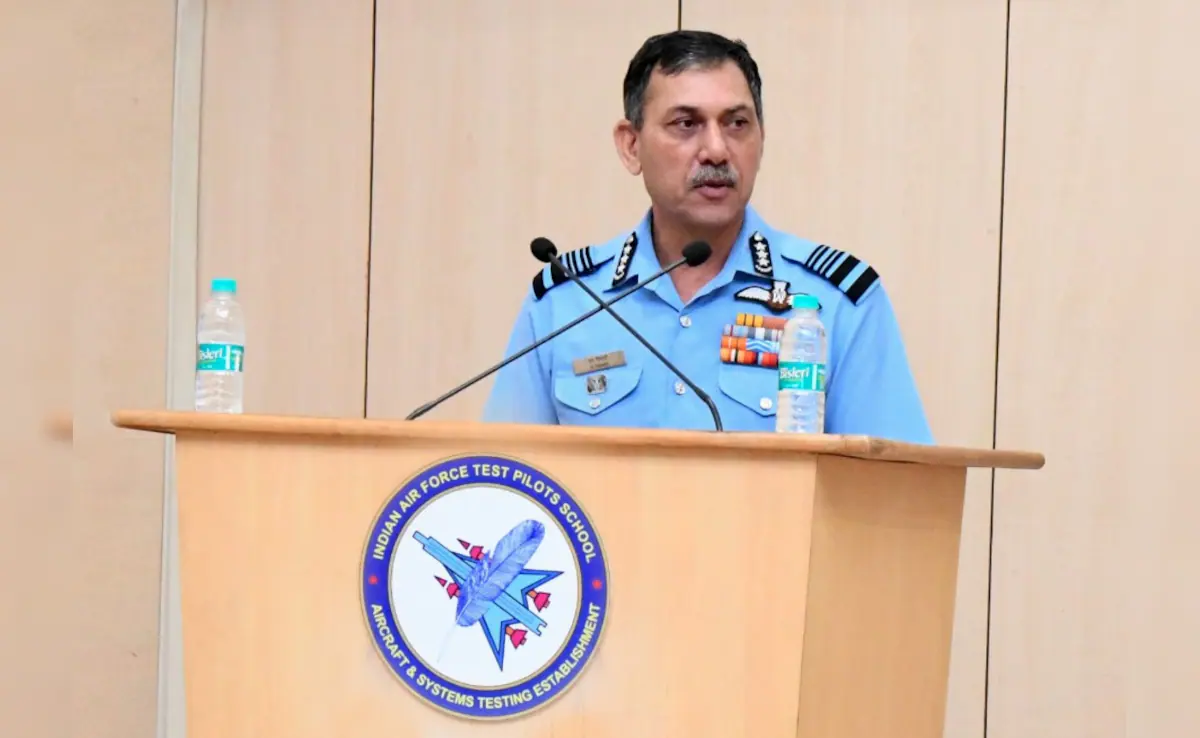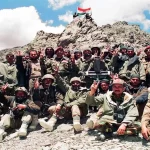Vice Chief of the Indian Air Force, Air Marshal Narmdeshwar Tewari, on Friday revealed that fewer than 50 precision weapons used by the IAF during Operation Sindoor were enough to compel Pakistan to request a cessation of hostilities.
Speaking at the closing session of a ‘Warfare and Aero Strategy Programme’ hosted by the Centre for Air Power Studies, an IAF-backed think-tank, the Vice Chief cited the strikes on 11 Pakistani air bases on May 10 as a prime example of air power’s effectiveness in modern conflict.
“We have discussed the cost-benefit ratio of air power. There is no greater example than Operation Sindoor. Less than 50 weapons brought the adversary to the talking table. This is a case that needs to be studied by scholars,” said Air Marshal Tewari.
The strikes, conducted on the fourth day of the conflict that began on May 7, involved long-range weapons, reportedly including BrahMos missiles, launched by IAF jets and ground-based platforms. Within hours of the May 10 operation, Pakistan reached out to the United States for mediation and later contacted Indian authorities to propose a ceasefire.
Air Marshal Tewari also discussed the evolving dynamics of air warfare, emphasizing that manned fighter jets would continue to play a critical role in coercive diplomacy. “A manned fighter jet can send the right signal and holds an edge over unmanned platforms, at least for now,” he stated.
At the same time, he acknowledged the increasing relevance of UAVs and armed drones, noting their destructive capabilities and growing role in modern-day battles.
The event was attended by top military leadership, including Chief of Defence Staff General Anil Chauhan, Air Chief Marshal AP Singh, and Army Chief General Upendra Dwivedi.













